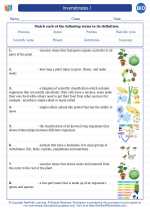Learned Behavior
Learned behavior refers to actions or responses that an organism develops as a result of experience or interactions with its environment. These behaviors are not inherited genetically, but are instead acquired through observation, trial and error, or instruction. Learned behaviors can vary widely among different species and can be influenced by factors such as social interactions, environmental cues, and individual experiences.
Types of Learned Behaviors
There are several types of learned behaviors, including:
- Imprinting: This occurs when an animal forms strong attachments or social bonds with another individual or object during a critical period of development.
- Habituation: This is the process of becoming less responsive to a stimulus after repeated exposure to it.
- Classical conditioning: This type of learning involves associating a neutral stimulus with a meaningful stimulus to elicit a specific response.
- Operant conditioning: In this type of learning, behaviors are strengthened or weakened through reinforcement or punishment.
- Observational learning: Also known as social learning, this involves acquiring new behaviors by observing and imitating others.
Examples of Learned Behaviors
Learned behaviors can be observed in a variety of organisms. Some examples include:
- Humans learning to speak a language
- Birds learning to build nests
- Dogs learning to perform tricks
- Monkeys learning to use tools
Study Guide
Here are some key points to remember when studying learned behavior:
- Understand the difference between learned behaviors and innate behaviors.
- Be able to identify examples of different types of learned behaviors.
- Explain the significance of learned behaviors in the survival and adaptation of an organism.
- Compare and contrast different types of learning processes, such as classical conditioning and operant conditioning.
- Discuss the role of environmental factors in shaping learned behaviors.
Understanding learned behavior is essential for comprehending how organisms adapt to their surroundings and develop skills that are not predetermined by their genetic makeup.
[Learned Behavior] Related Worksheets and Study Guides:
.◂Biology Worksheets and Study Guides High School. Invertebrates
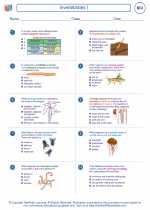
 Worksheet/Answer key
Worksheet/Answer key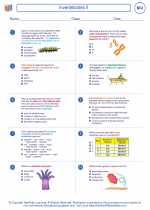
 Worksheet/Answer key
Worksheet/Answer key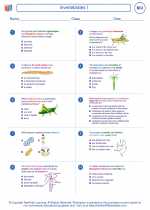
 Worksheet/Answer key
Worksheet/Answer key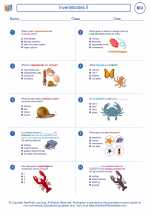
 Worksheet/Answer key
Worksheet/Answer key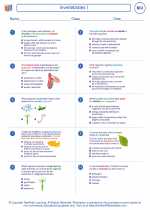
 Worksheet/Answer key
Worksheet/Answer key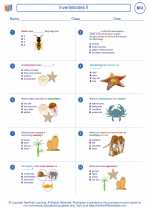
 Vocabulary/Answer key
Vocabulary/Answer key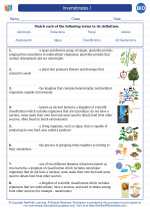
 Vocabulary/Answer key
Vocabulary/Answer key
 Vocabulary/Answer key
Vocabulary/Answer key